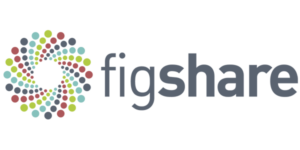 We are very happy to announce that we are partnering with Figshare, another Digital Science Catalyst Award winner, to provide a central hub for all Ada Lovelace Day event organisers to share their photos, video, presentations, posters and any other media they produce. We will also be hosting materials from the last few Ada Lovelace Day Live! events on Figshare, along with our new indie event organisers pack (coming soon!), and our education pack.
We are very happy to announce that we are partnering with Figshare, another Digital Science Catalyst Award winner, to provide a central hub for all Ada Lovelace Day event organisers to share their photos, video, presentations, posters and any other media they produce. We will also be hosting materials from the last few Ada Lovelace Day Live! events on Figshare, along with our new indie event organisers pack (coming soon!), and our education pack.
Mark Hahnel, Figshare CEO and founder, said, “Here at Figshare we are thrilled to partner with ALD, as we too want to mark women’s achievements in science, technology, engineering and mathematics. What better way to do this than power the technology to showcase the valuable outputs for such a flourishing initiative like Ada Lovelace Day”
Media on Figshare can be shared and embedded anywhere around the web, and Figshare provide viewing and other statistics, allowing us to know where and when our materials are viewed. Being a part of the wider Figshare community will also allow us to reach more people, and to make sure that ALD events organisers’ hard work is recognised and appreciated more widely.
How to upload
If you have organised an independent Ada Lovelace Day event at any time and have some photos, video, presentations or other resources you’d like to share, uploading them is easy.
- Create an account on Figshare
- Go to My Data
- Click ‘Create a new item’
- Add your content and fill in the form. The more metadata you can add, the better.
- You MUST use the tag “Ada Lovelace Day” and the appropriate year tag, “ALD15”, “ALD14” etc, in order for your content to be pulled into our main page and the year pages. If you do not use these tags, your content will not be attached to our portal.
- Publish only when you are ready — published items can be edited but not deleted. Use the Preview function to make sure that your page looks the way you want it to.
- If you get stuck, take a look at Figshare support.
You can upload photos, video, audio, presentations, PDFs, images, datasets and more! And the more materials we gather together, the more we will draw attention to the amazing work done by women in STEM.
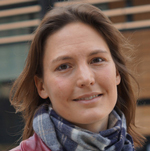 Dr Helen Czerski is a physicist and oceanographer at University College London. When she’s not in the lab or on a boat (or doing both at the same time) she presents science programmes for the BBC. Hew new book,
Dr Helen Czerski is a physicist and oceanographer at University College London. When she’s not in the lab or on a boat (or doing both at the same time) she presents science programmes for the BBC. Hew new book, 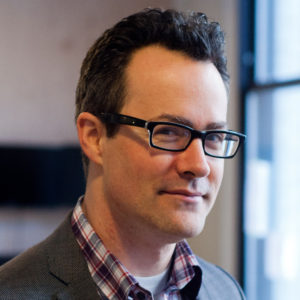 Clive Thompson writes about how technology affects everyday life, and is currently working on his next book, about ‘how programmers think’. He is a contributing writer for the New York Times Magazine and Wired, and author of
Clive Thompson writes about how technology affects everyday life, and is currently working on his next book, about ‘how programmers think’. He is a contributing writer for the New York Times Magazine and Wired, and author of  This podcast is brought to you thanks to the generous support of
This podcast is brought to you thanks to the generous support of 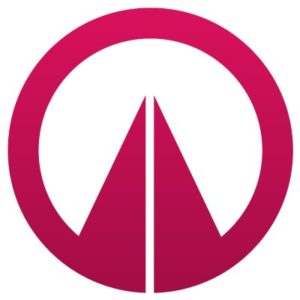 Yesterday, I was happy to see Tom Hunter, director of the
Yesterday, I was happy to see Tom Hunter, director of the 
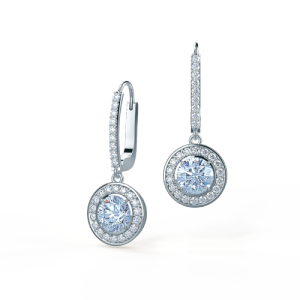 diamonds, but socially and environmentally superior to Earth-extracted diamonds”.
diamonds, but socially and environmentally superior to Earth-extracted diamonds”.